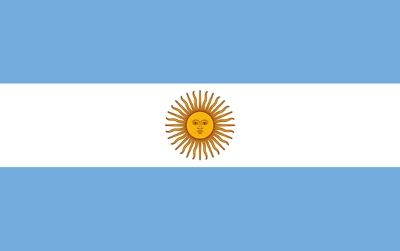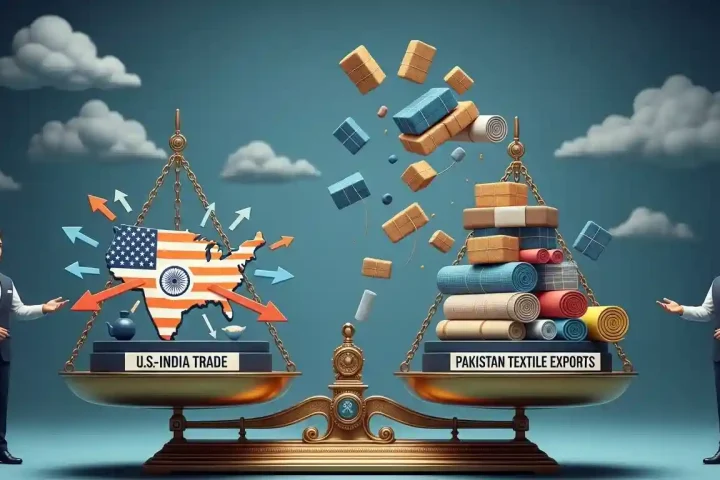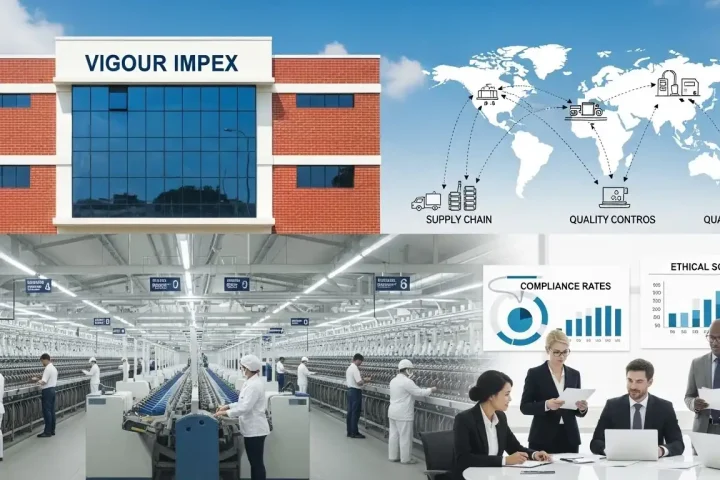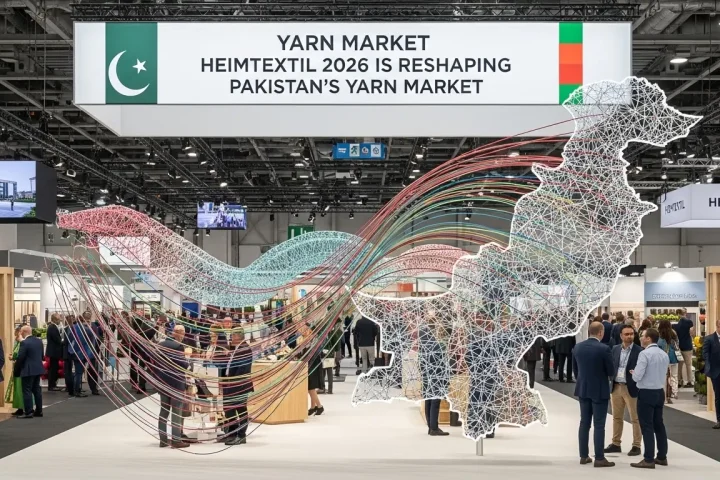Selecting a reliable textile manufacturer is a critical decision for any apparel brand, home textile business, or sourcing agency. The textile manufacturing partner you choose can directly affect your product quality, supply chain efficiency, brand reputation, and long-term business success. Whether you’re sourcing fabric, garments, or home textiles, navigating the global textile landscape requires more than just a cost comparison. With countries like China, India, Pakistan, Bangladesh, and Turkey leading the textile industry, the market is diverse yet complex. For Vigour Impex and its clients, choosing the right textile partner is about aligning with manufacturers that ensure quality, timeliness, ethical practices, and scalability. In this guide, we’ll break down the most important criteria to evaluate a textile manufacturer and how to avoid common pitfalls. From factory audits to communication clarity, this comprehensive checklist will help you make informed decisions when selecting a textile supplier.
1. Assess Manufacturing Capabilities
Understanding a manufacturer’s production capacity is essential.
- Identify Core Competencies: Does the manufacturer specialize in woven fabrics, knitwear, or home textiles?
- Evaluate Machinery and Infrastructure: Modern, well-maintained machines reduce defects and downtime.
- Assess Volume Capabilities: Can the manufacturer scale production for bulk orders?
- Review Product Samples: Examine product quality, finishing, color fastness, and consistency.
2. Evaluate Quality Assurance Processes
A reliable manufacturer must have strong quality control mechanisms.
- Inspect Internal QC Procedures: Ask for documented protocols covering raw material inspection, inline checks, and final audits.
- Request Third-Party Certifications: Look for certifications like ISO 9001, OEKO-TEX, and GOTS.
- Test Sample Batches: Conduct lab tests for shrinkage, pilling, tensile strength, and dye stability.
- Track Record for Quality: Ask for quality KPIs and defect rates from previous clients.
3. Check Compliance with Ethical and Environmental Standards
Sustainable and ethical manufacturing is essential in today’s textile industry.
- Labor Compliance: Ensure the manufacturer adheres to local labor laws and avoids exploitative practices.
- Environmental Practices: Look for eco-friendly practices like wastewater treatment, low-impact dyes, and sustainable energy use.
- Certifications: Verify if the supplier holds SA8000, WRAP, or BSCI certifications.
- Corporate Social Responsibility: Ask about their CSR initiatives and employee welfare policies.
4. Analyze Production Lead Time and Flexibility
Fast delivery and adaptability are key in a competitive market.
- Standard Turnaround Times: Check their usual timelines for sampling and bulk production.
- Lead Time Flexibility: Can they accommodate urgent orders or seasonal spikes?
- Inventory Management Systems: Evaluate their use of ERP or SCM tools for planning and forecasting.
- Capacity to Handle Customization: Assess their ability to manage custom fabrics, embroidery, or dyeing.
5. Understand Pricing and Cost Transparency
Pricing impacts profit margins, but the lowest price doesn’t always mean the best value.
- Request Detailed Quotations: Ask for itemized pricing including raw materials, labor, and overhead.
- Analyze Cost Efficiency: Determine whether the manufacturer offers value for money.
- Hidden Charges: Clarify terms on sampling fees, mold costs, and shipping charges.
- Payment Terms: Negotiate favorable terms with clear milestones and penalties for delays.
6. Visit the Manufacturing Facility
Seeing the factory firsthand offers valuable insights.
- Facility Cleanliness and Safety: A well-kept factory reflects discipline and efficiency.
- Worker Conditions: Observe employee morale, safety measures, and sanitation facilities.
- Process Observation: Monitor how raw materials are processed and tracked through the workflow.
- Real-time Discussions: Speak with production managers and quality inspectors for clarity.
7. Review Previous Client References
What past clients say can validate the manufacturer’s credibility.
- Request Testimonials: Ask for references from brands they have worked with.
- Online Reviews: Look up reviews on B2B platforms like Alibaba, Made-in-China, or global textile directories.
- Industry Experience: Gauge how long they have been in business and their reputation.
- Repeat Business: Frequent reorders by clients indicate satisfaction.
8. Check Communication and Responsiveness
Effective communication ensures smoother execution of orders.
- Language Fluency: Ensure your key contact can communicate fluently in English or your preferred language.
- Response Time: Evaluate how quickly they respond to emails and calls.
- Project Management Tools: Check if they use tools like Trello, Slack, or ERP systems to keep updates transparent.
- Availability: Determine if they offer post-sales support and regular production updates.
9. Confirm Logistics and Export Readiness
Global delivery requires logistical reliability.
- Export Documentation: Ensure the manufacturer can provide invoices, packing lists, and certificates of origin.
- Shipping Partners: Ask about freight forwarders and shipment tracking options.
- Incoterms: Clarify delivery terms like FOB, CIF, or DDP.
- Warehousing and Fulfillment: For e-commerce brands, check if they offer drop shipping or warehousing services.
10. Evaluate Technological Adoption
Modern technology supports efficiency, consistency, and cost savings.
- Use of CAD and CAM Systems: Helps in digital pattern making and automated cutting.
- Automation and Robotics: Reduces manual errors and improves scalability.
- Digital Fabric Printing: Supports small batch customization and quick turnaround.
- Sustainability Tech: Solar panels, water recycling units, and digital dyeing methods reflect long-term investment.
11. Assess Financial Stability
Financially stable partners are less likely to collapse mid-project.
- Bank References: Ask for banking partners and financial statements if possible.
- Credit Ratings: Evaluate any third-party assessments available online.
- Investment Plans: Check if they are reinvesting in infrastructure or new tech.
- Cash Flow Management: Inquire about how they manage large orders without advance payments.
12. Start with a Trial Order
Before committing to large production, test their reliability.
- Pilot Production: Place a small order to assess quality, timelines, and communication.
- Trial Run Feedback: Provide feedback and assess their responsiveness to changes.
- Evaluate Sampling Speed: Time how long they take to send prototypes.
- Scaling Potential: If satisfied, discuss the ability to scale quickly.
Final Thought
For businesses aiming to thrive in the highly competitive textile industry, choosing the right manufacturing partner is the foundation of long-term success. A reliable textile manufacturer is not just a vendor but a collaborator who understands your vision, quality expectations, and timelines. At Vigour Impex, we emphasize due diligence, transparent communication, and ongoing performance reviews when partnering with textile manufacturers around the world. Whether you are sourcing cotton fabric, synthetic yarns, garments, or home textiles, using this comprehensive selection checklist will ensure you build resilient and efficient supply chains. By carefully evaluating key aspects such as quality control, ethical practices, technology integration, pricing, and logistics, your business can avoid costly mistakes and elevate its brand reputation. With the right textile manufacturer by your side, you can deliver high-quality products that meet global standards and delight customers across markets. Trust Vigour Impex to help you find your ideal manufacturing partner in the global textile ecosystem.







